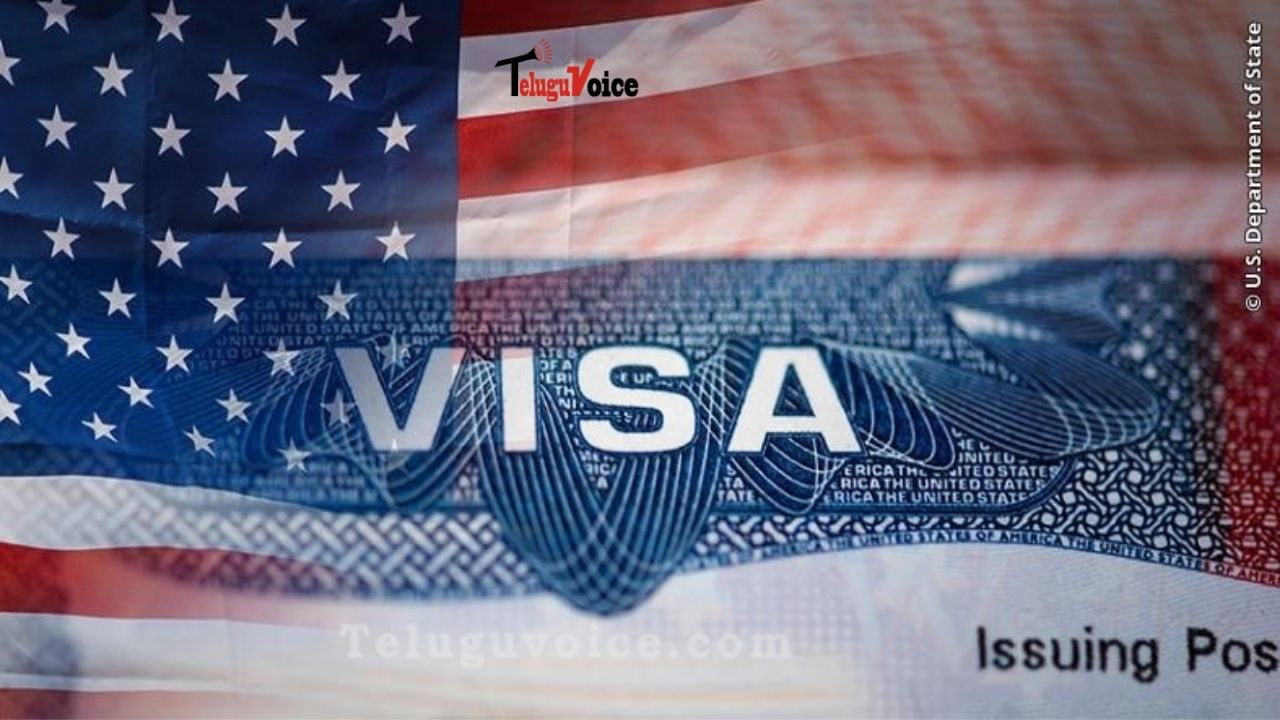Are Expedite Requests Not Helpful With H4-EAD Delays?

Prem Lata, an H-4 dependent visa holder who worked in the management sector for the past few years in Chicago, finds herself sitting at home these days.
“When I first came to the United States, I never imagined that this would be my fate,” she says. “I knew that I won’t be able to work pending my work authorization, but once I got the EAD, I never thought I’d be forced to be unemployed.”
Lata, however, is refraining from applying through a lawyer to get her work permit expedited.
“But another immigration group that I follow is against the idea. They suggest that we put more money into the USCIS coffers by going for lawsuits. Honestly, it’s all so confusing.”
Unlike Lata, Anu Shah, awaiting her H4-EAD, has another reason for not accepting a lawsuit to challenge her pending work permit.
“Honestly, I do not have any funds to pay thousands of dollars in legal fees. I do not want to ask my husband as it’s my battle, and he has the burden of providing for our kids’ education and our home loan,” says Shah.
“It doesn’t sound fair that we should be forced to expend our hard-earned money for permits we have already been granted.”
Many immigration experts are now advising those on the waitlist for work permits to not look for short-term arrangements like expediting requests or filing lawsuits but instead look for real solutions.
“Many times, we waste our energy conducting repeat expedited requests that USCIS ruthlessly rejects. It may be time to change our strategy and ask for informed reforms,” says Seattle-based immigration advocate Niha Kumar.
Some others suggest that people should lobby for asking USCIS to hire more resources if they cite a shortage of staff as a hindrance in processing visas and permits on time.

 South Africa tour of India 2019
South Africa tour of India 2019










Comments